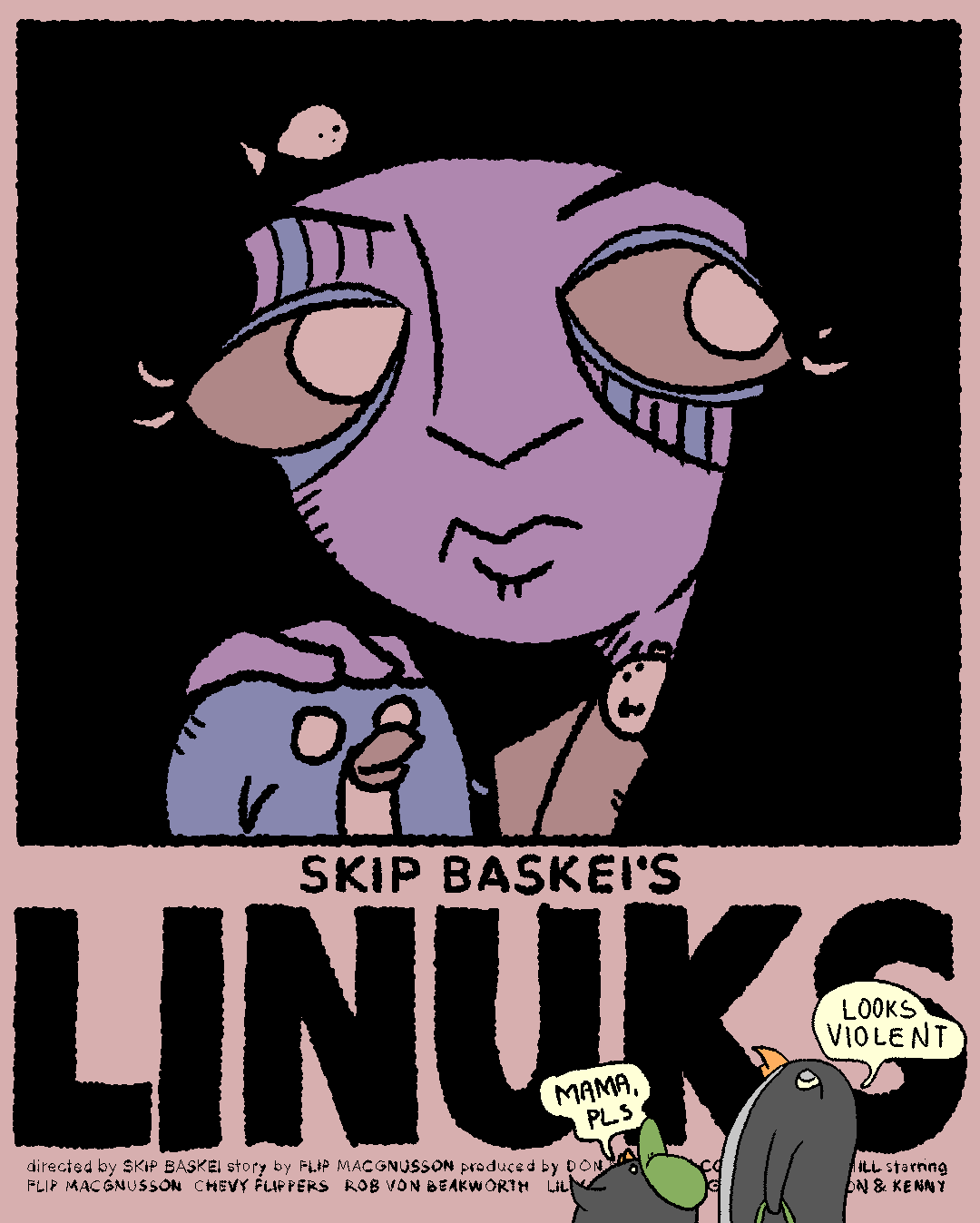When Things Become So Ubiquitous That They're Almost Nameless
As an underdog in the 1980s, GNU inspired many projects, including the World Wide Web. As an underdog in the 1990s, Linux grabbed the limelight (even stole the thunder from GNU and the FSF, products of the mid-80s). It was portrayed as the Nemesis of a fast-growing Windows and - by extension - Microsoft.
Now that GNU/Linux is everywhere in the server room (it grew at the expense of UNIX, Solaris etc. rather than only Windows) we hear of terms like "the clown" (cloud) and clown-native (containers). Android is assumed to be its own thing, never mind Linux at its core, to the point where many publishers say that Amazon replaces Android with Linux (i.e. it replaces Linux with... Linux).
Just because the brands GNU and Linux become less visible in a fast-growing hype bubble - or quickly-shrinking online media - does not mean they don't matter. It's just that they're "old news" - old to the point where people look for something "new", even if it's just an elusive marketing gimmick.
The notion or the concept of software freedom isn't tied to any particular brand or project, so it should still resonate. Different groups frame the same sorts of idea/s in different terms. Some day "open source". Cyber Show (C|S) speaks of rather broader concepts, such as "joined-up tech". █

